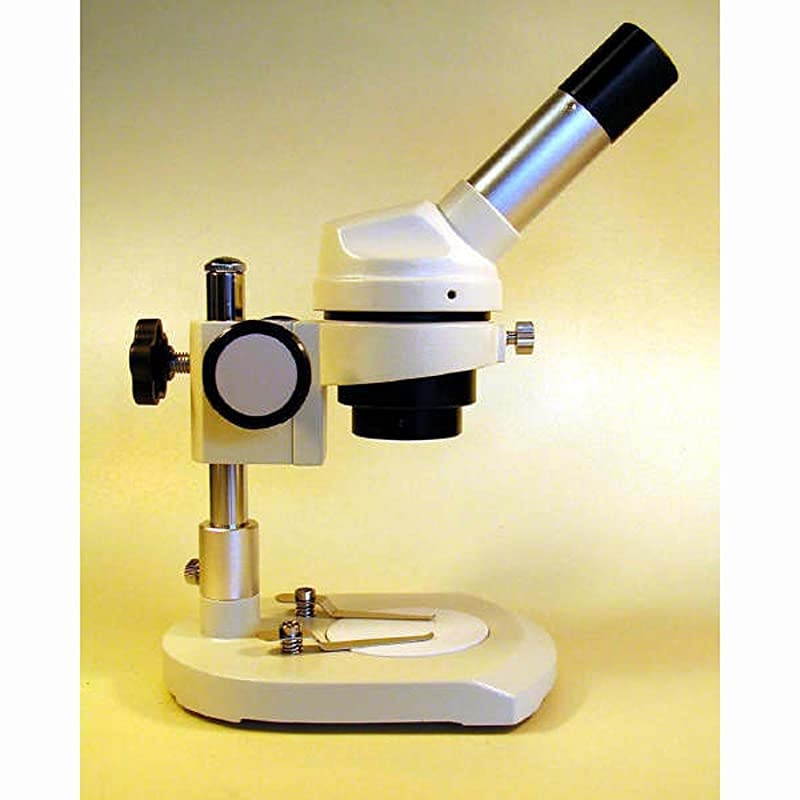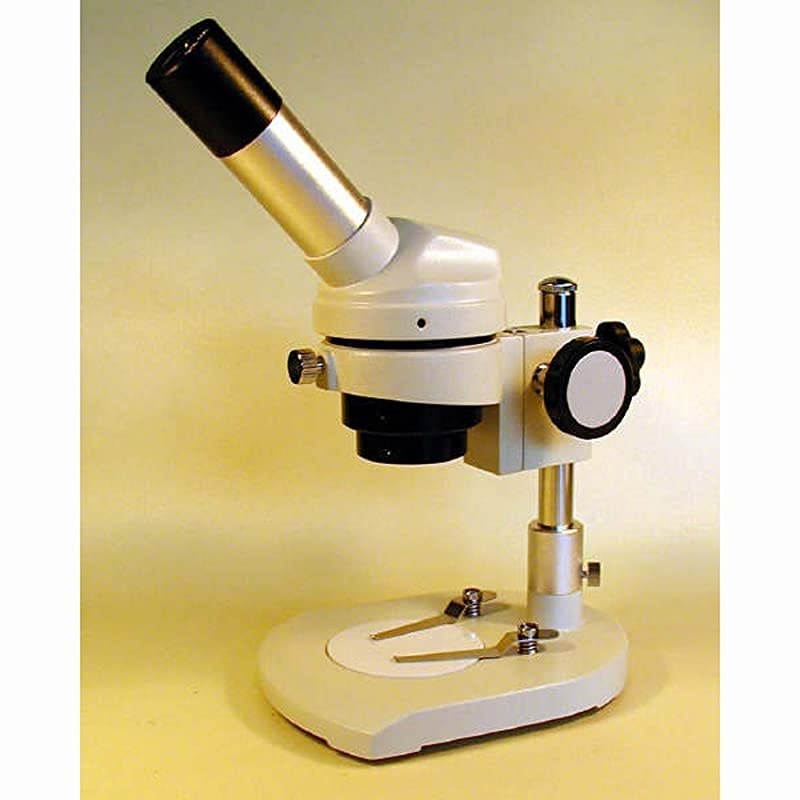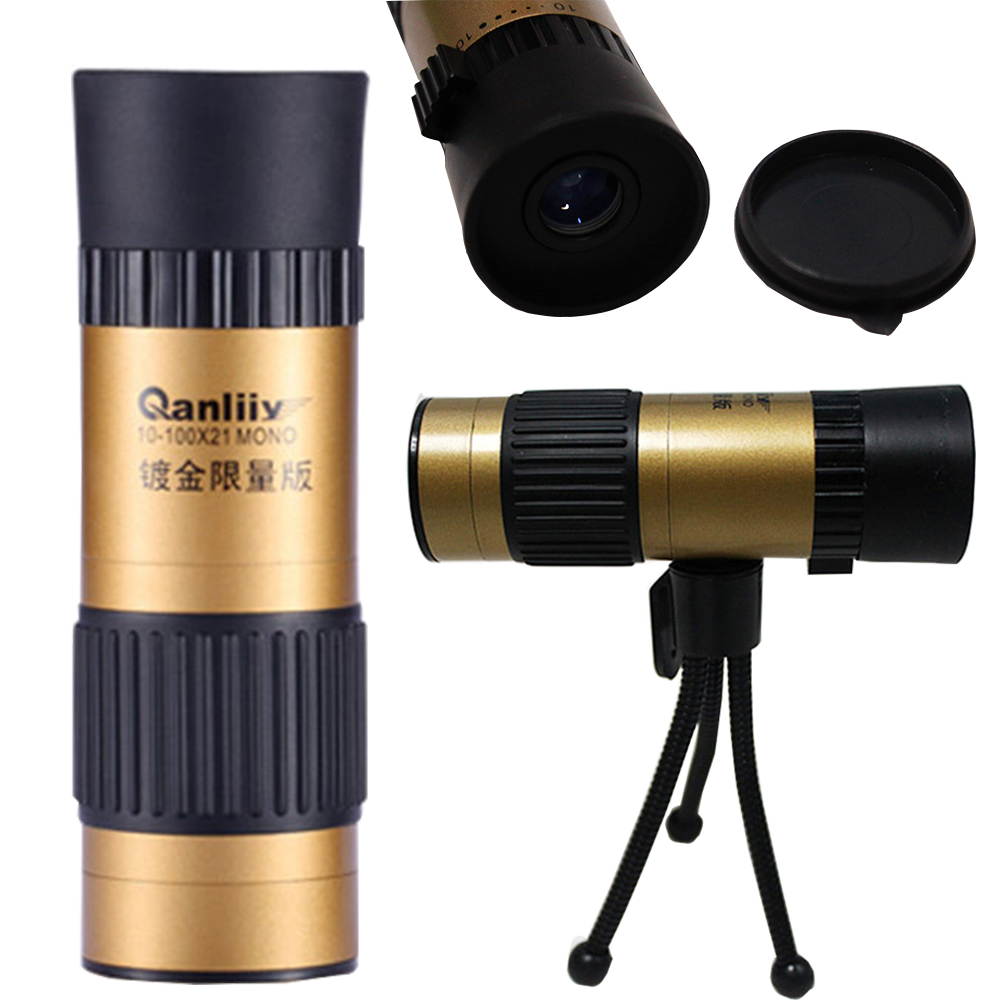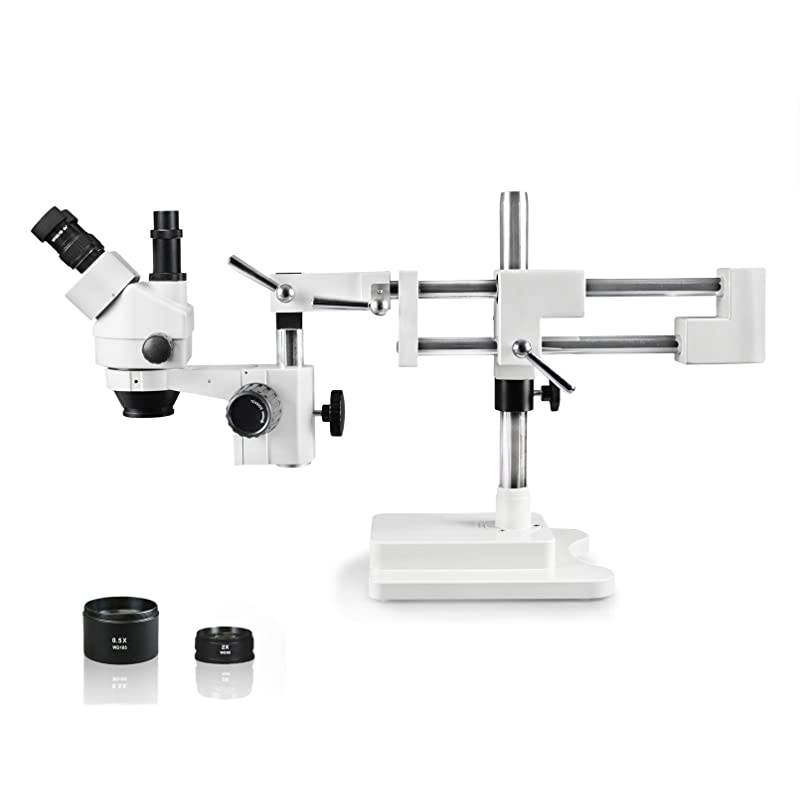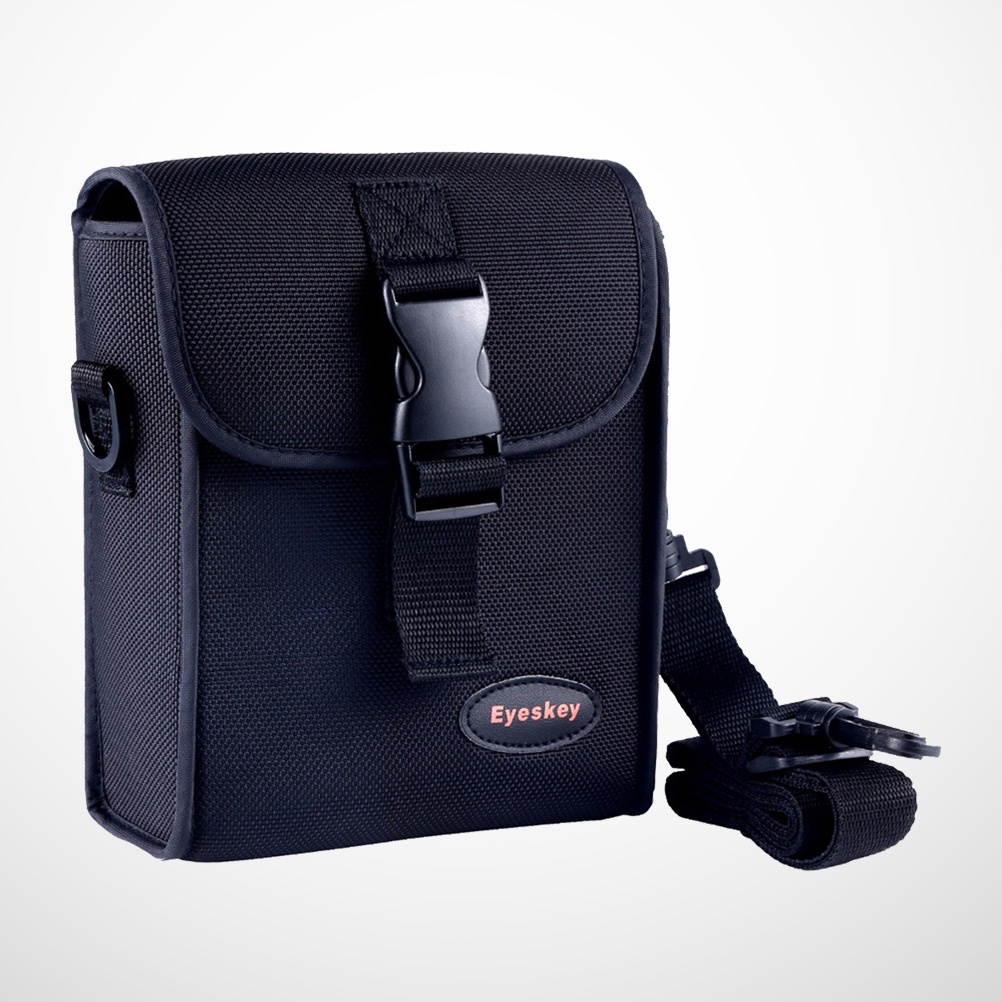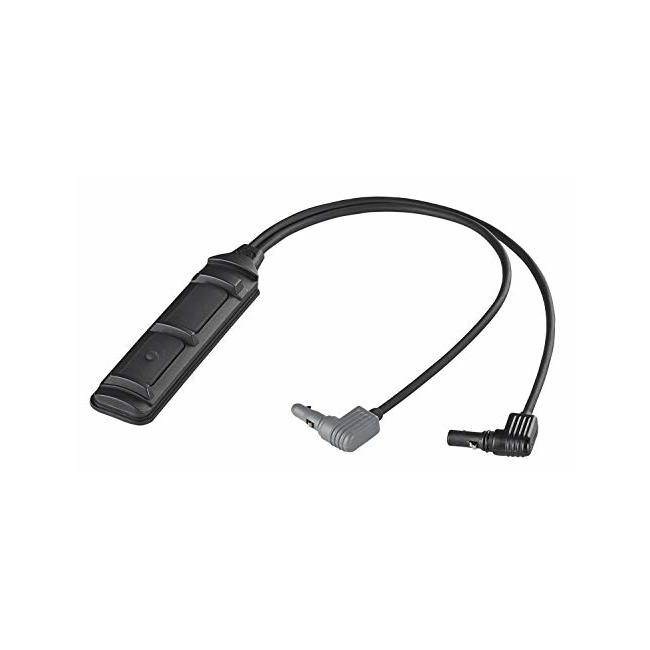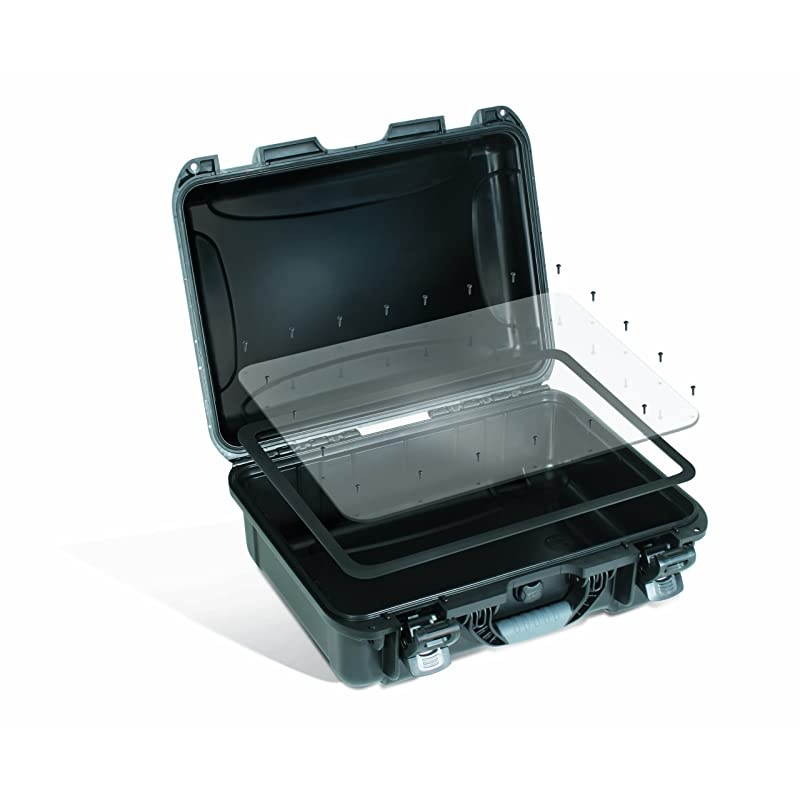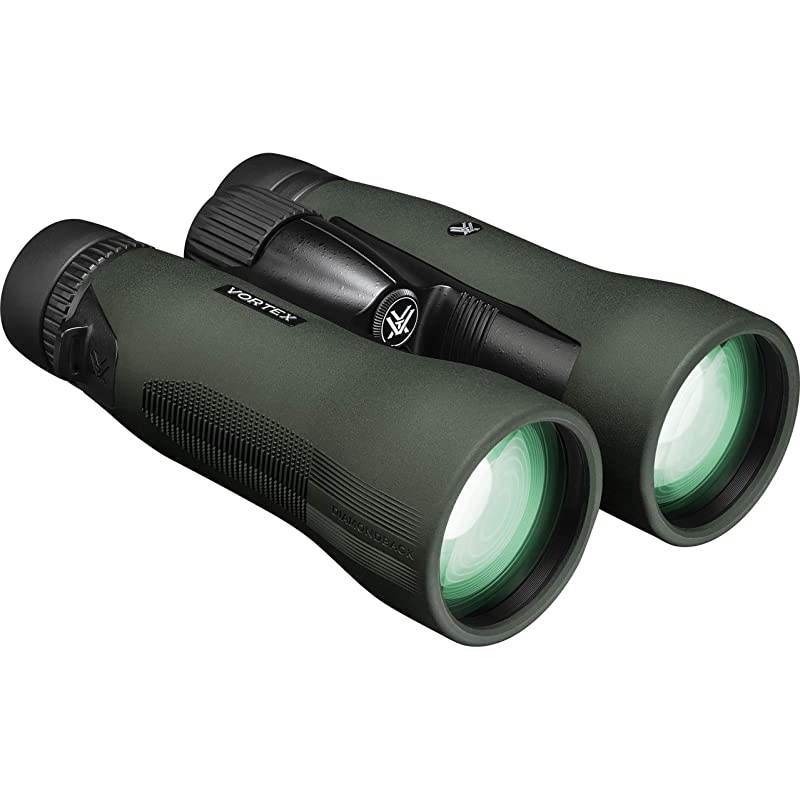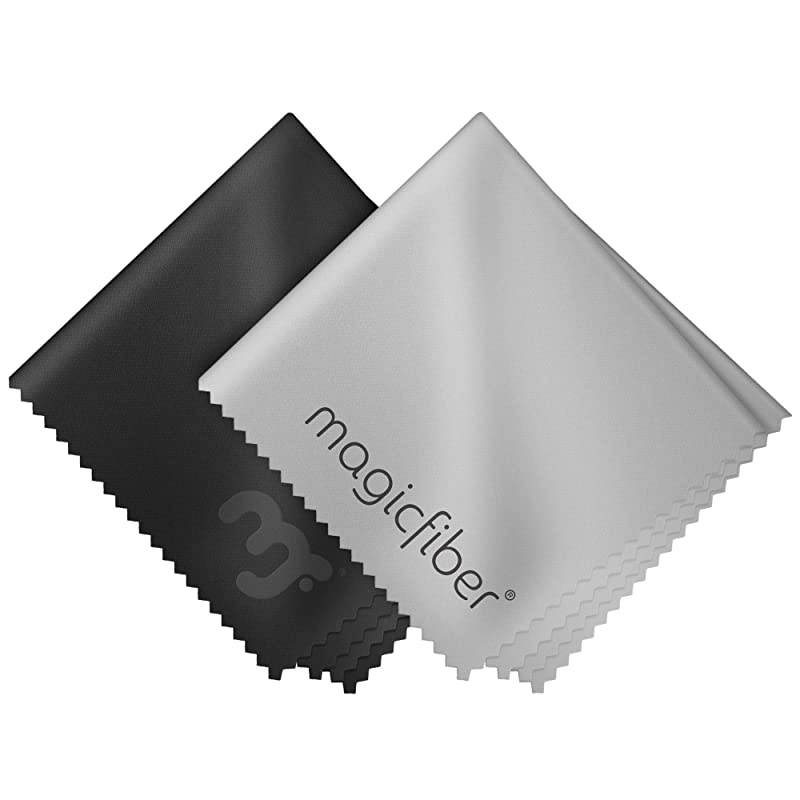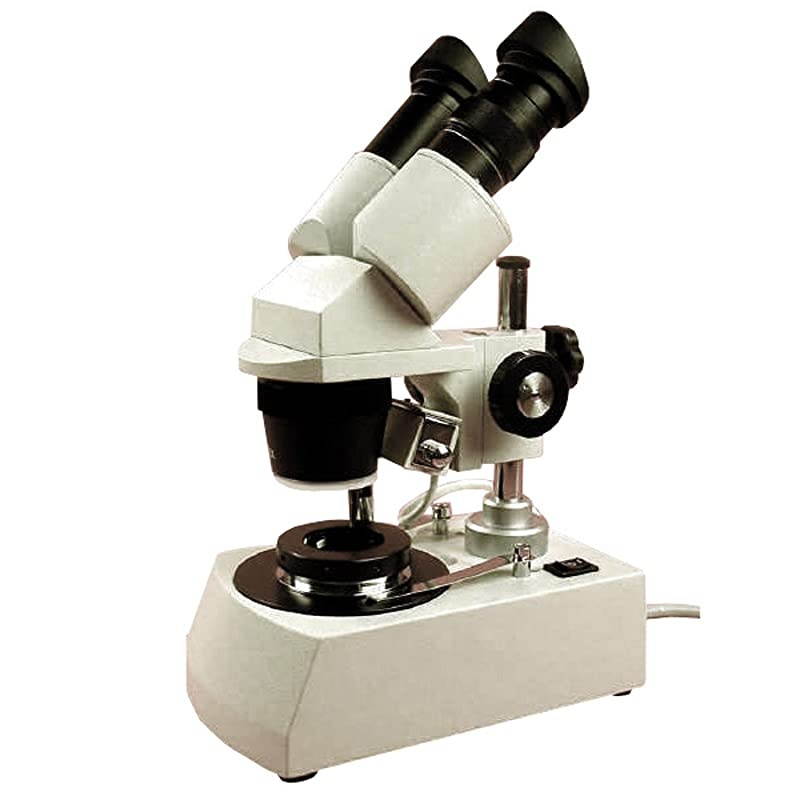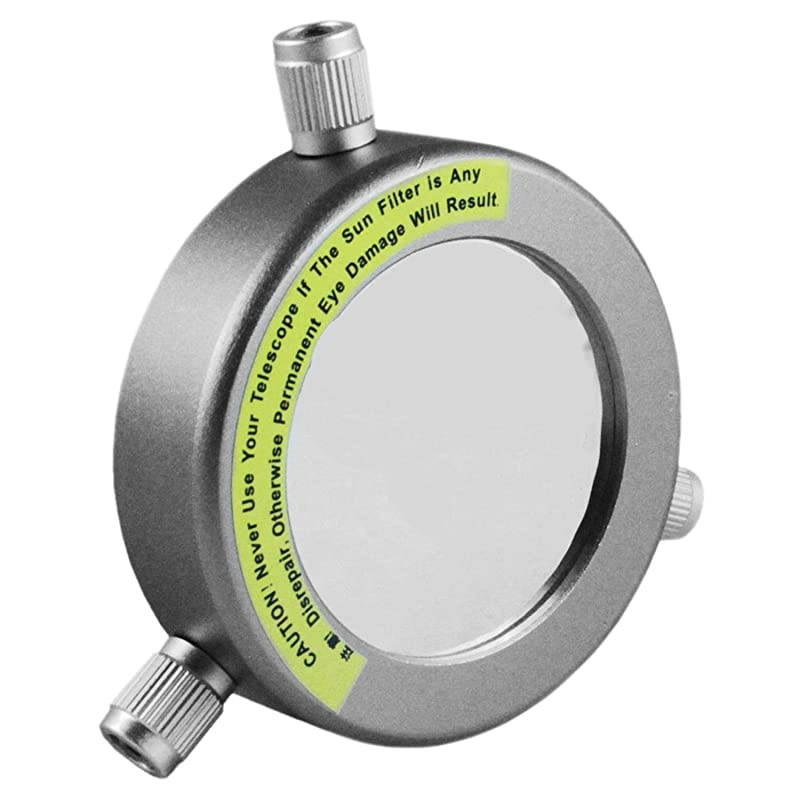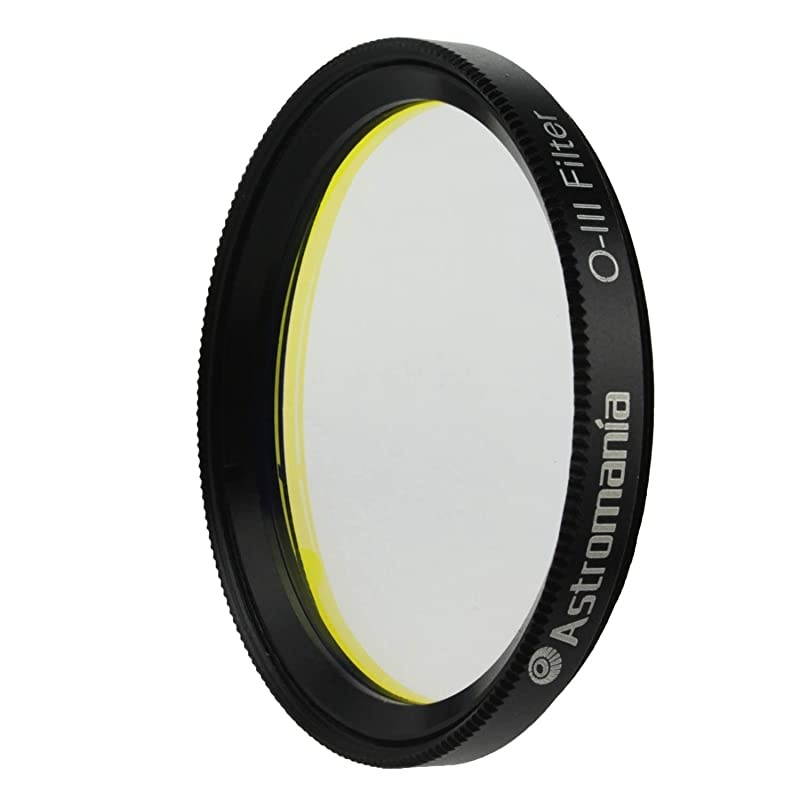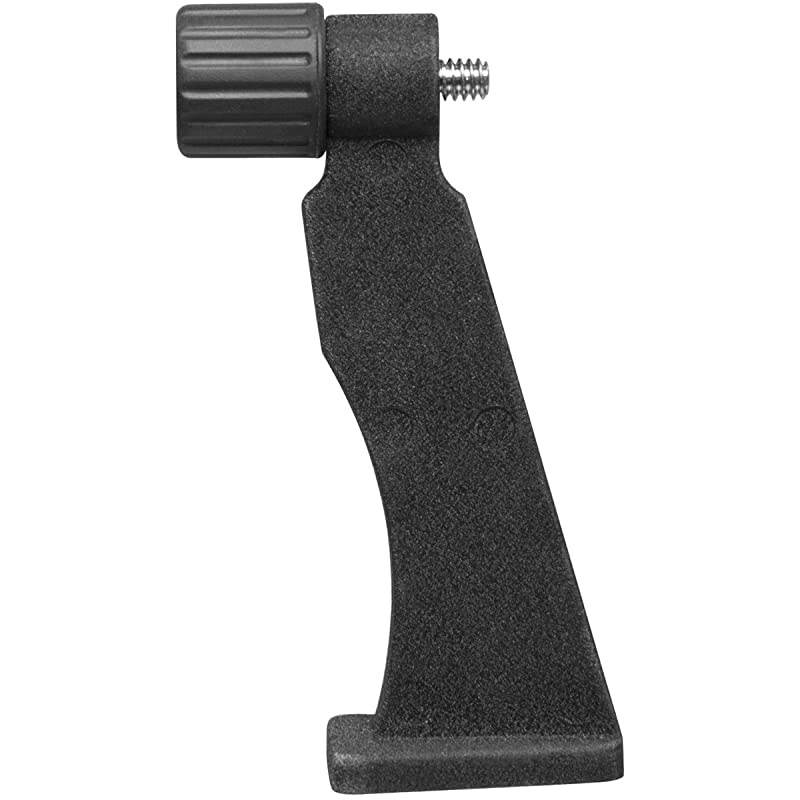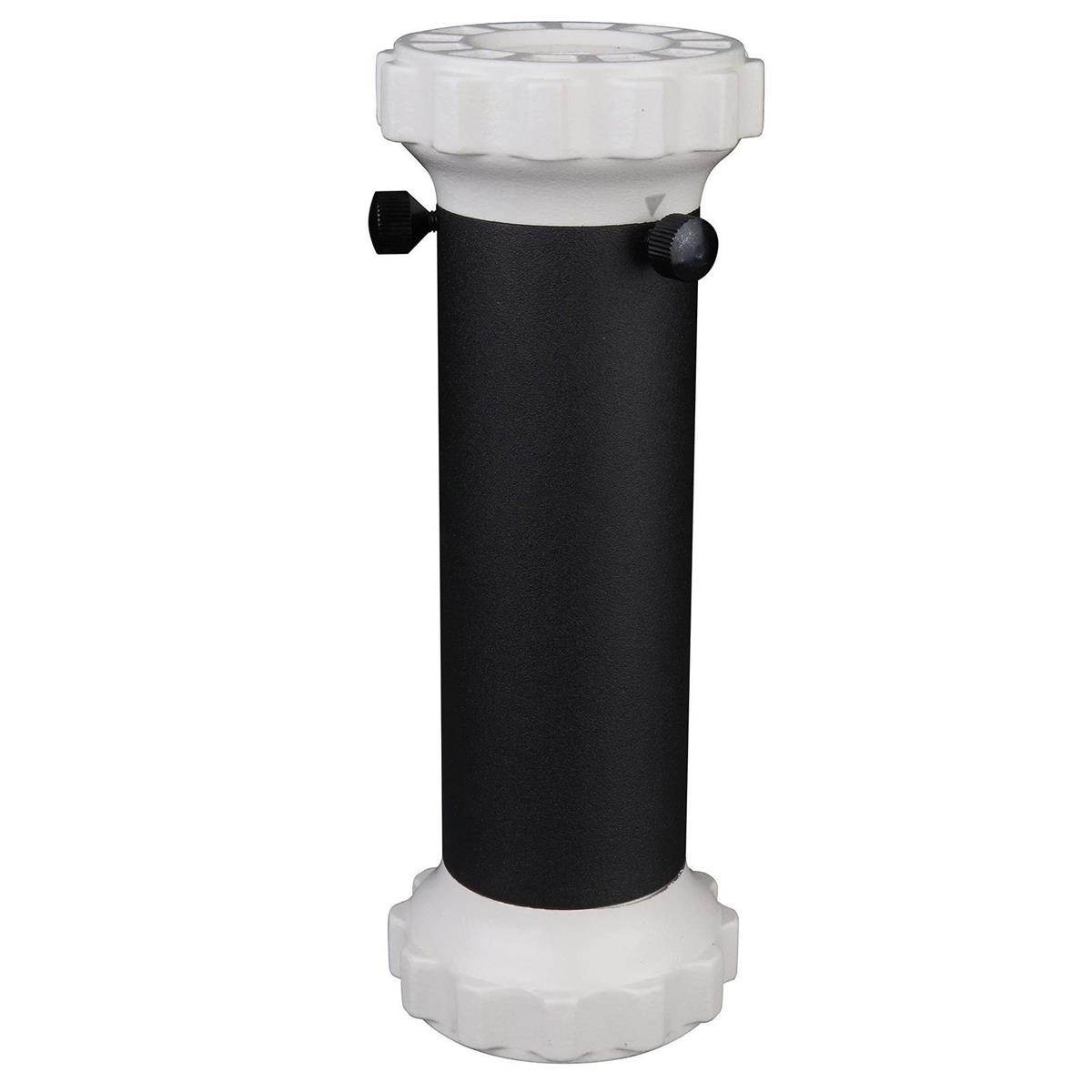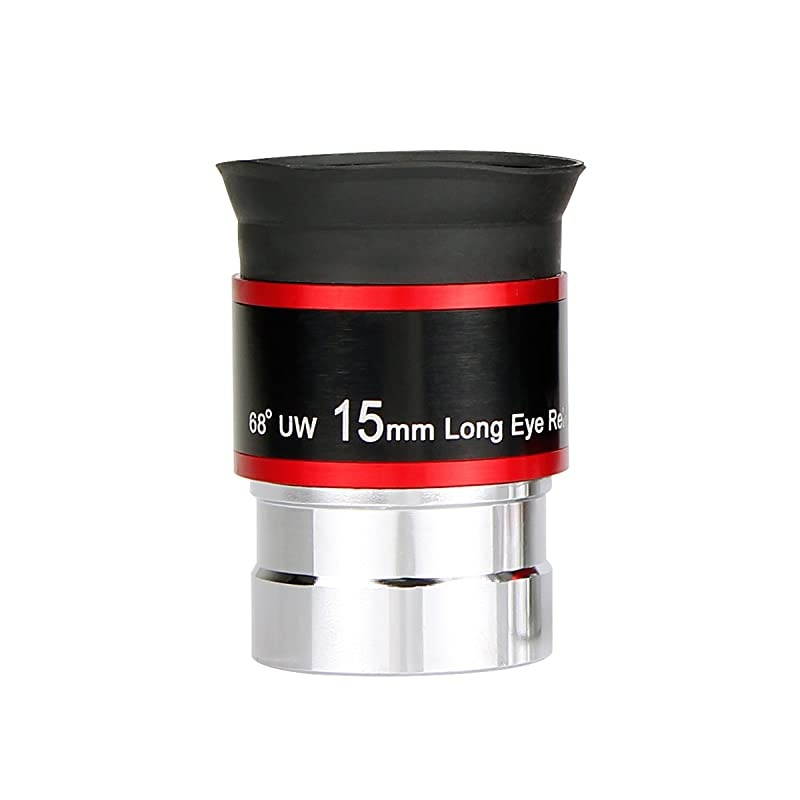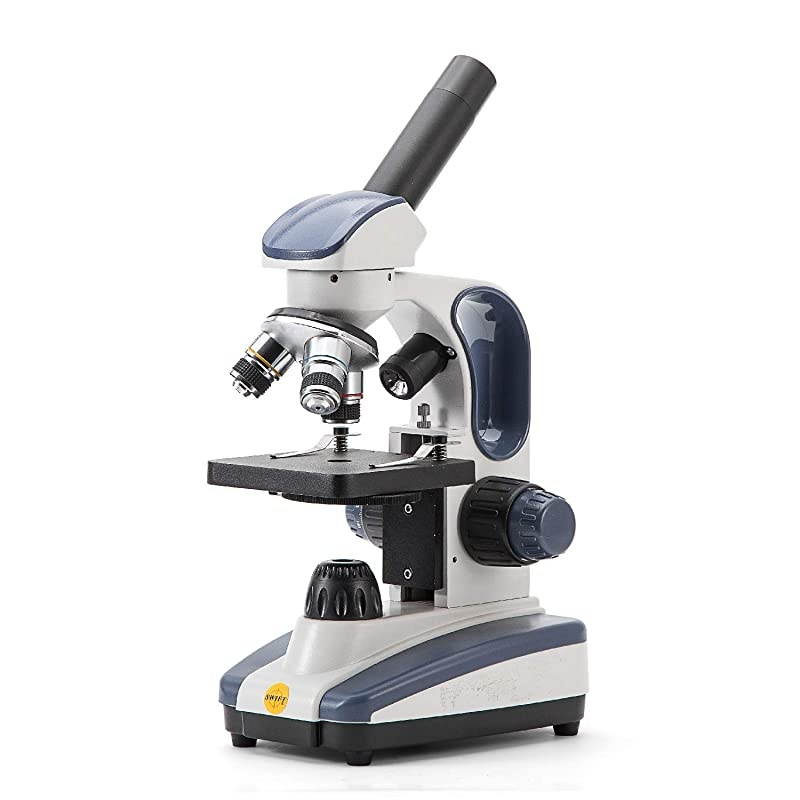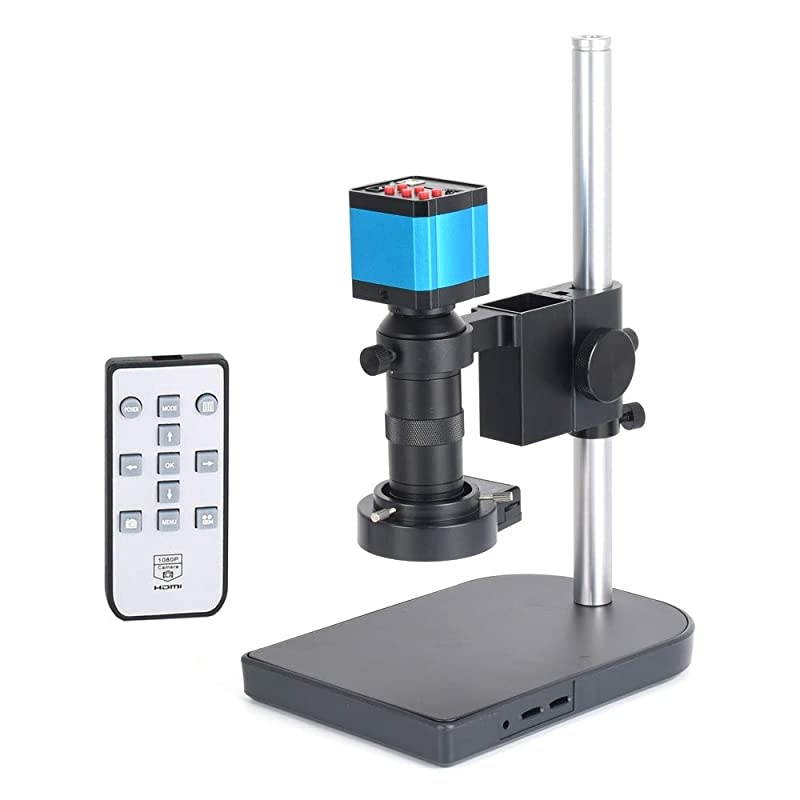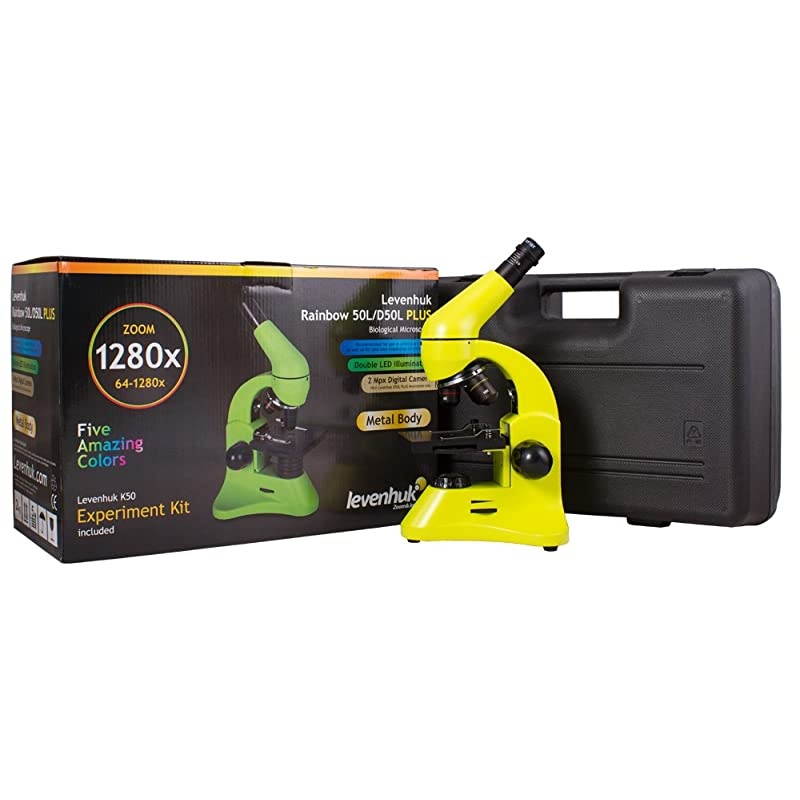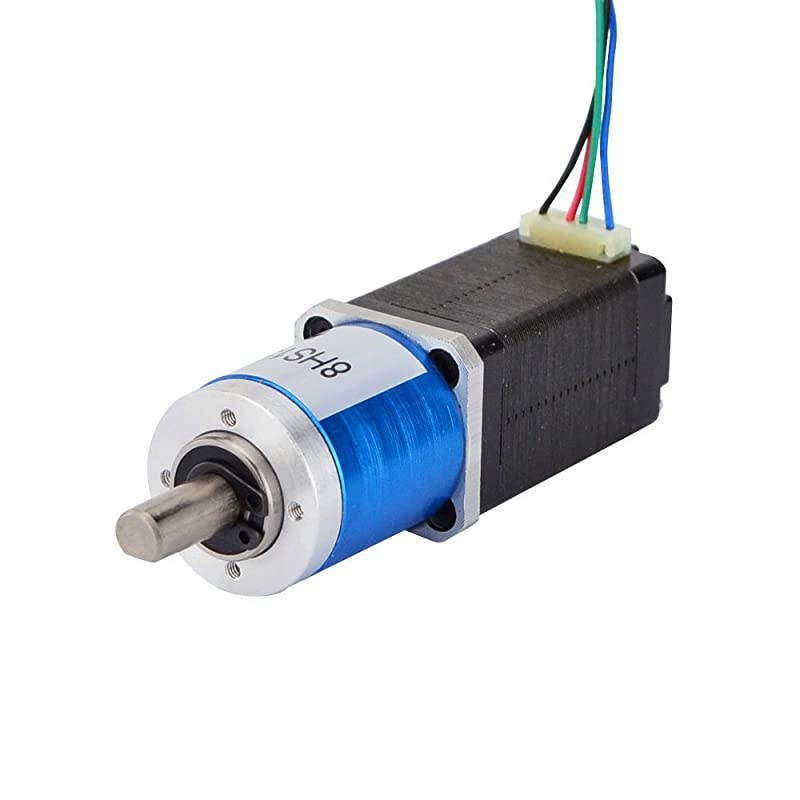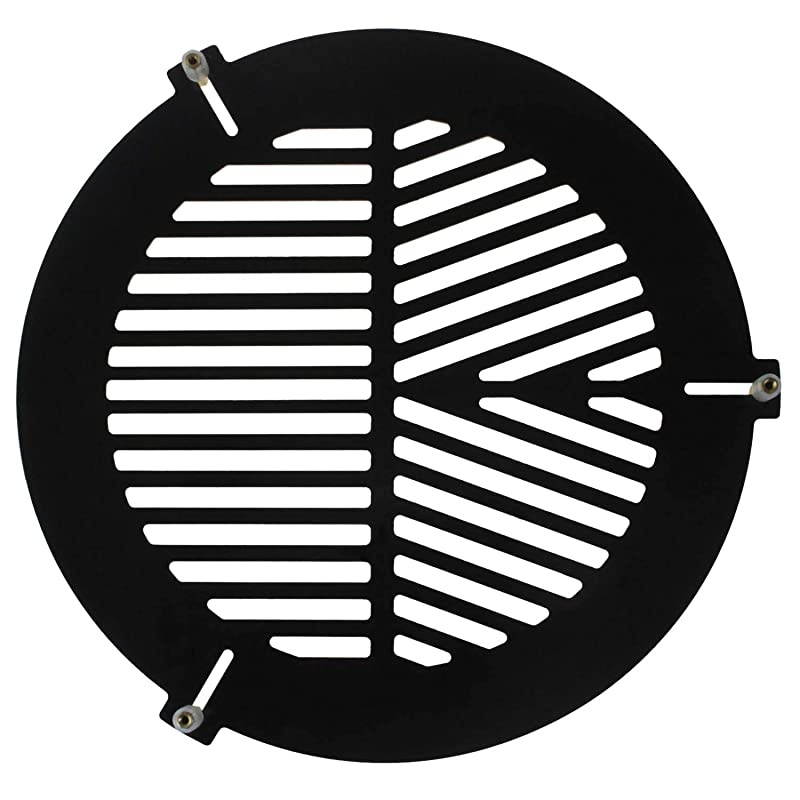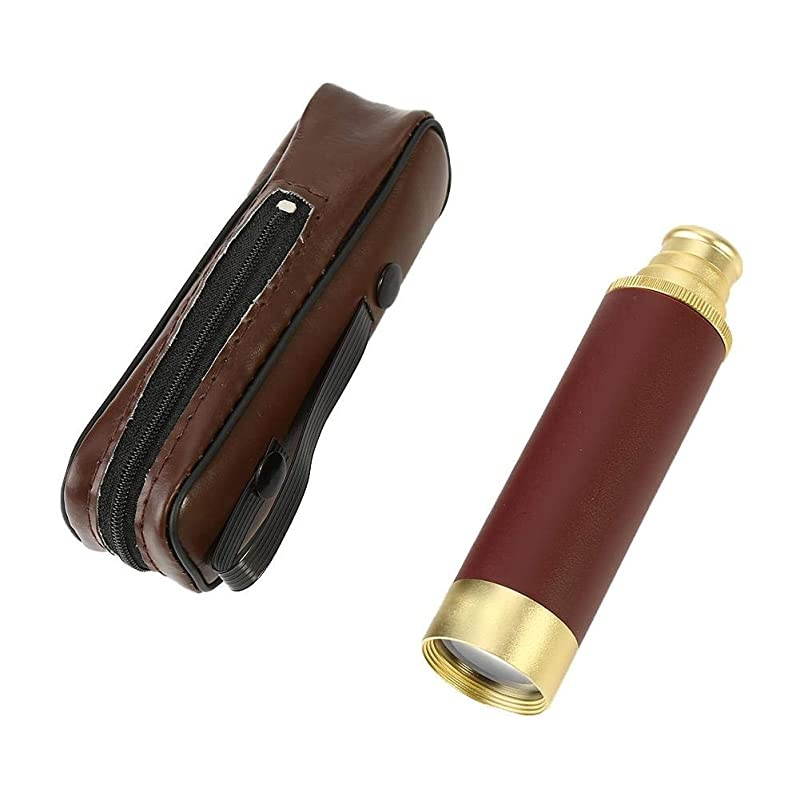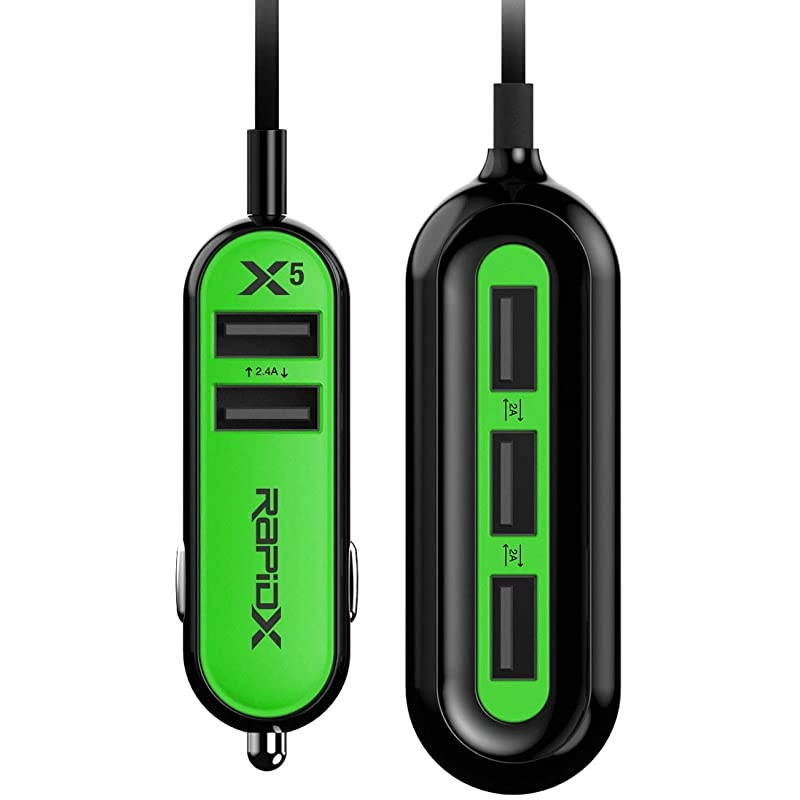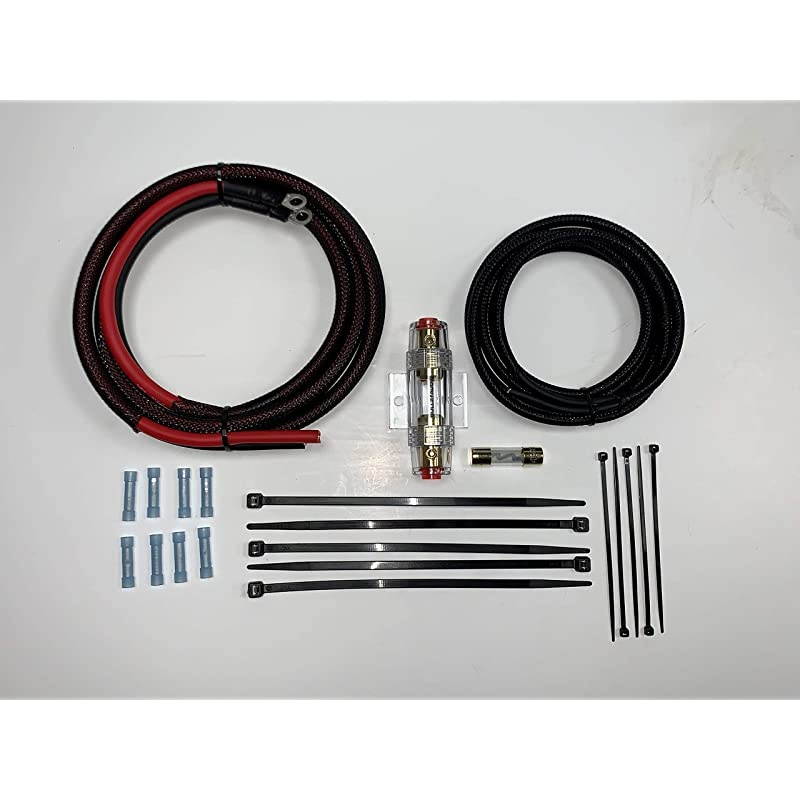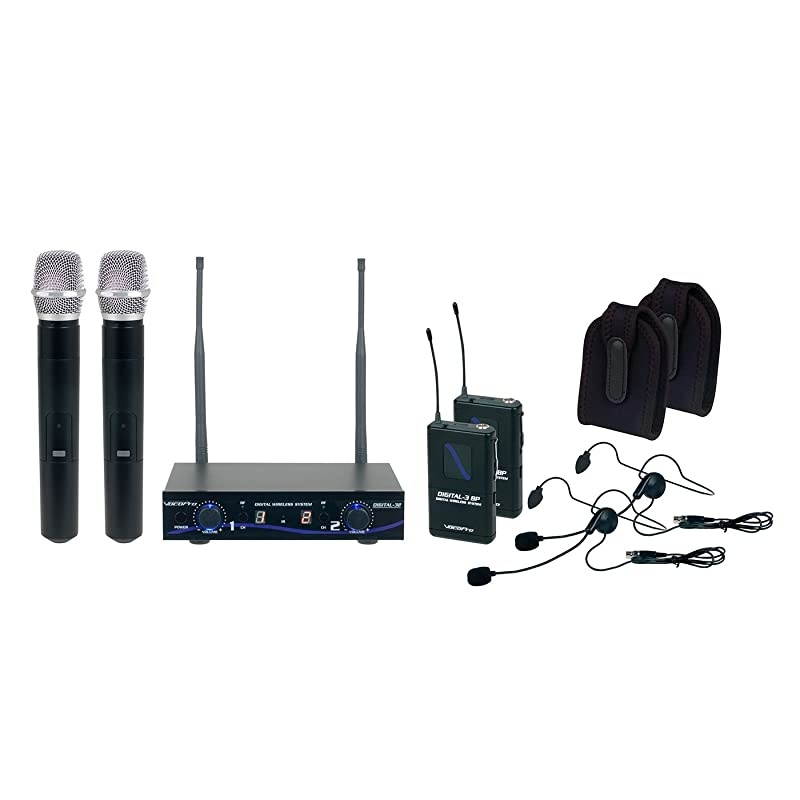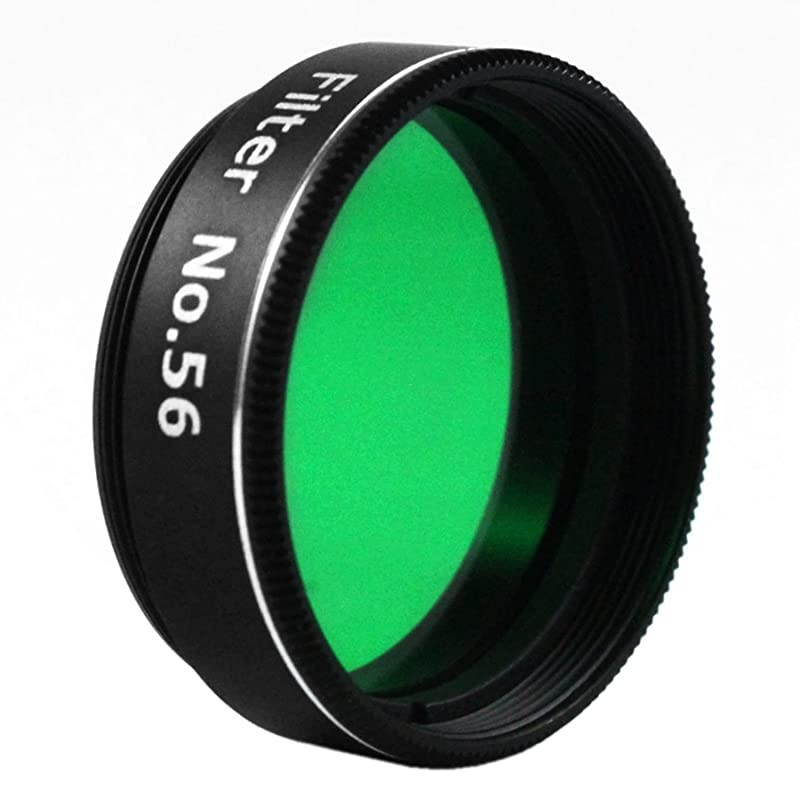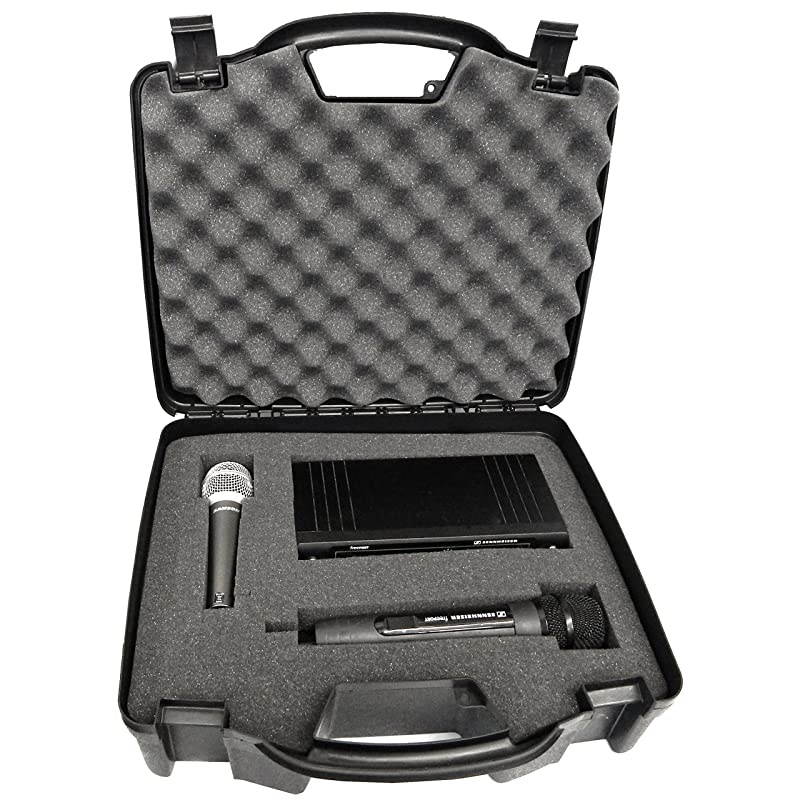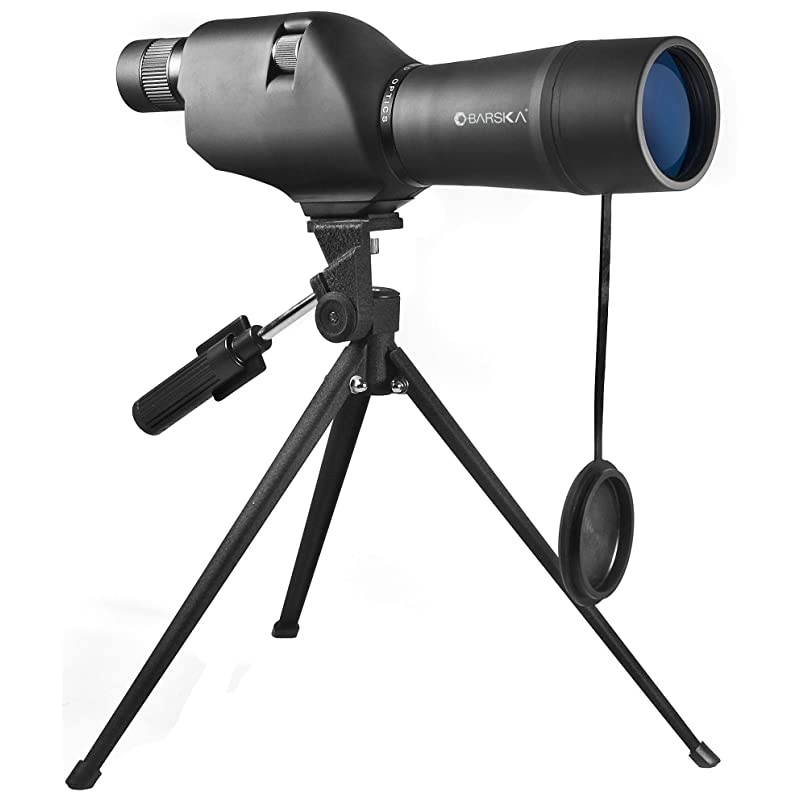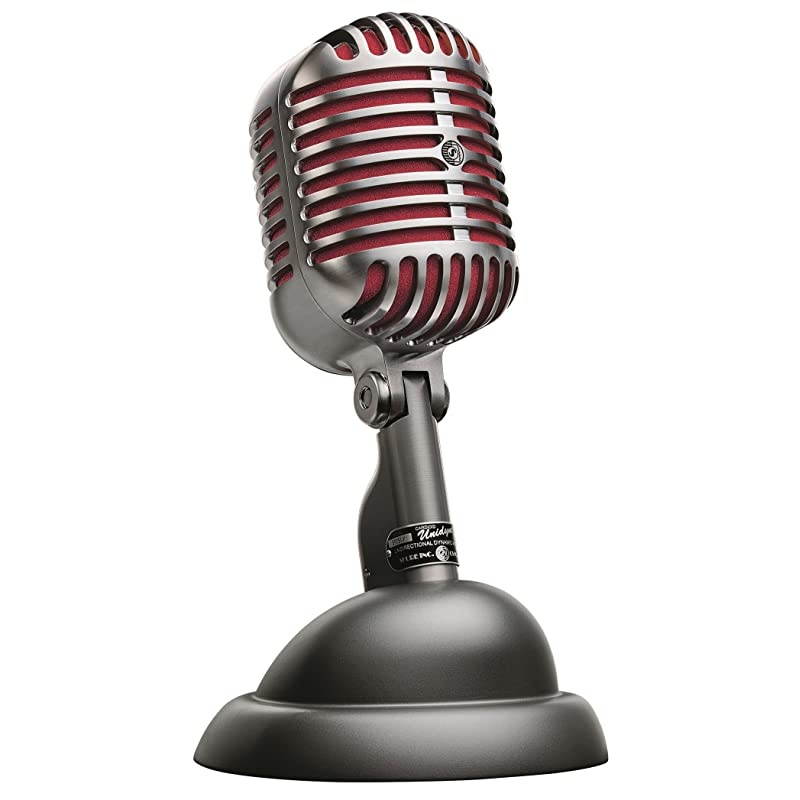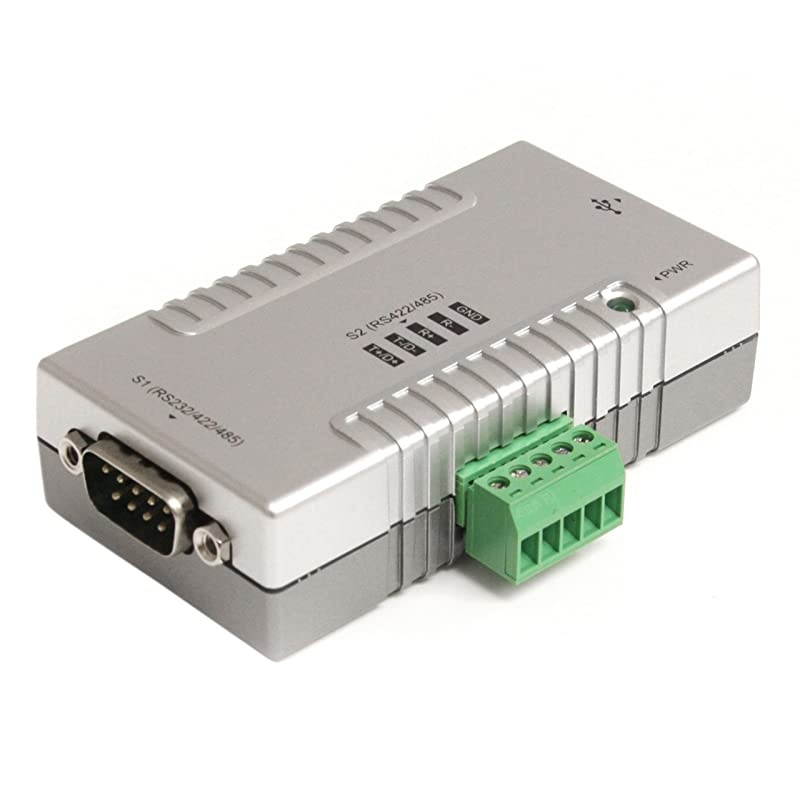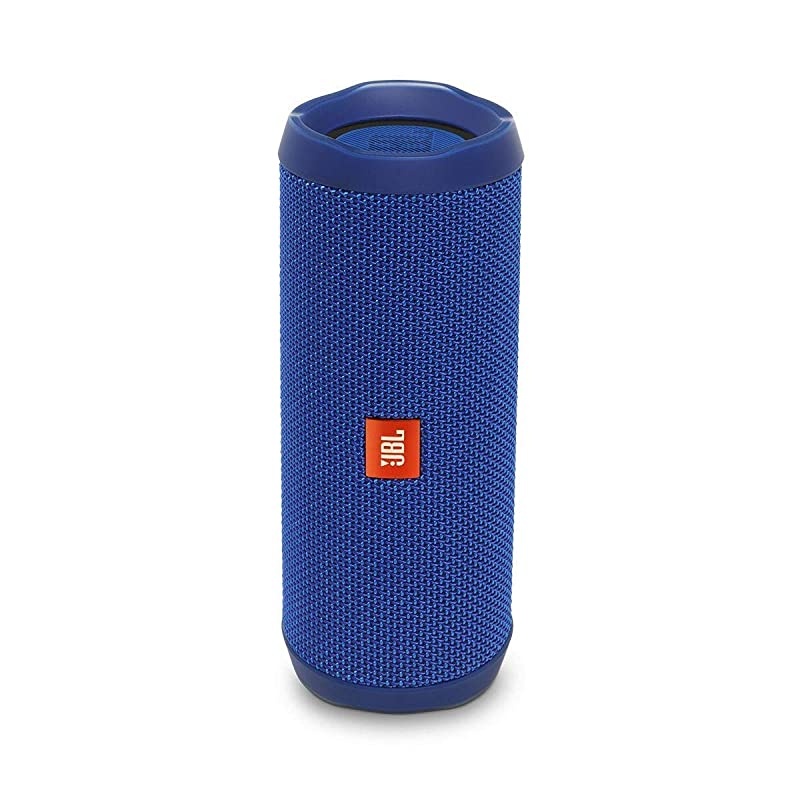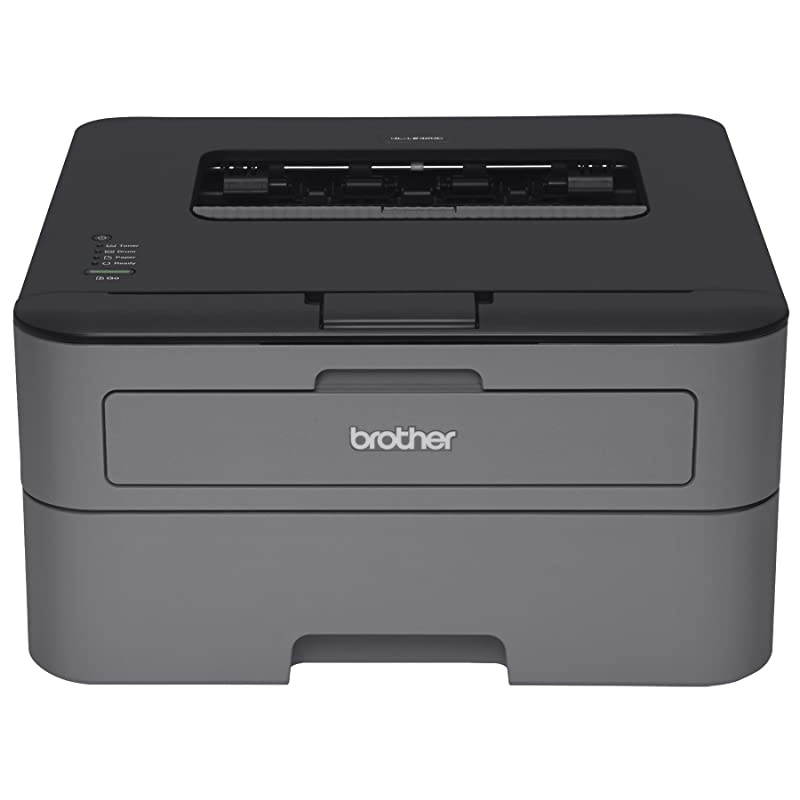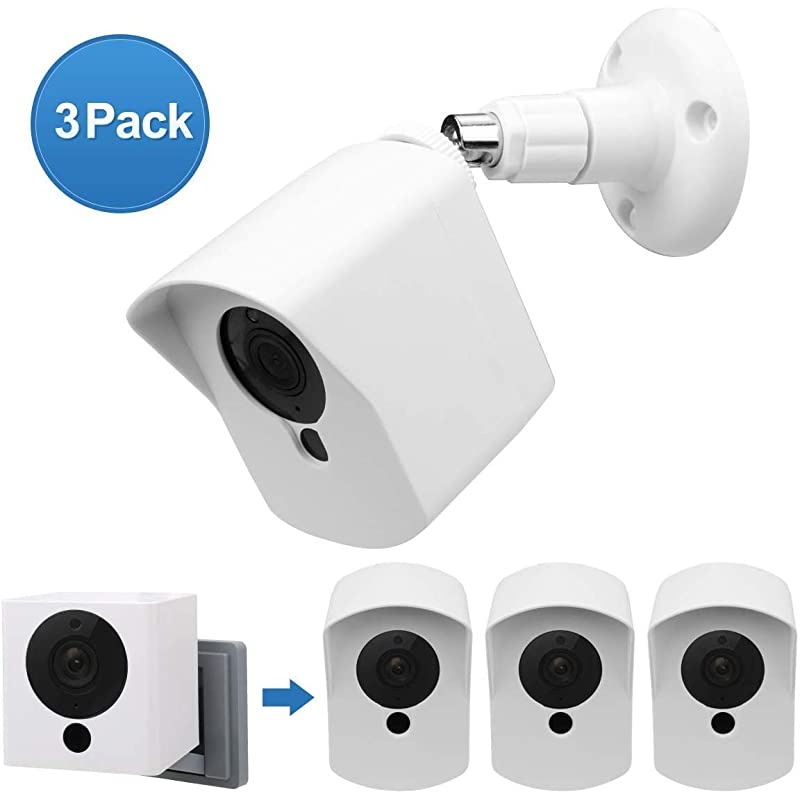Trusted shipping
Easy returns
Secure shopping
Buy K104 Elementary StereoDissecting Microscope 10x Widefield Eyepiece 20x Magnification Reversible BlackWhite Stage Plate HeavyDuty Frame in United States - Cartnear.com
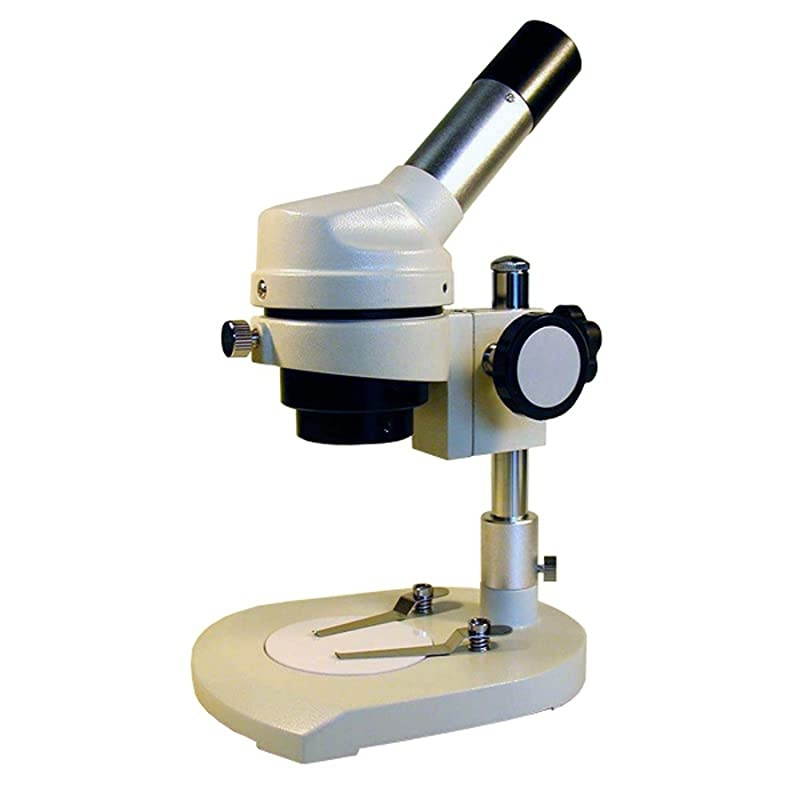
K104 Elementary StereoDissecting Microscope 10x Widefield Eyepiece 20x Magnification Reversible BlackWhite Stage Plate HeavyDuty Frame
CTNR1564257 CTNR1564257The Beistle Company
2027-01-18
/itm/k104-elementary-stereodissecting-microscope-10x-widefield-eyepiece-20x-magnification-reversible-blackwhite-stage-plate-heavyduty-frame-1564257
USD
124.4
$ 124.40 $ 125.66 1% Off
Item Added to Cart
customer
*Product availability is subject to suppliers inventory
SHIPPING ALL OVER UNITED STATES
100% MONEY BACK GUARANTEE
EASY 30 DAYSRETURNS & REFUNDS
24/7 CUSTOMER SUPPORT
TRUSTED AND SAFE WEBSITE
100% SECURE CHECKOUT
The K104 heavy-duty elementary stereo microscope has a 10x widefield eyepiece, a 2x objective, incidental lighting, and a reversible black and white stage plate. The monocular viewing head has a fixed 45-degree vertical inclination to reduce eye and neck strain, and 360-degree rotation capability to provide a more comprehensive view. The WF10x eyepiece combines with the 2x objective to provide 20x magnification and a longer working distance for inspecting large-scale specimens that require handling or repair. A stereo microscope, sometimes called an inspection or dissection microscope, has a longer working distance that enables users to manipulate the object being inspected, and is used in semiconductor and electronics industries or by mineralogists, dentists, and students when the user needs to handle or perform work under magnification, including circuit boards, rocks and gems, and dental appliances.
Incidental lighting illuminates the specimen, eliminating the need for power or batteries. Rack-and-pinion focus control provides precise focus control, and tension adjustment ensures that specimens stay focused during viewing. The stage has a 2-9/32" (60mm) diameter, a reversible black and white stage plate that provides contrast with light- and dark-colored specimens, and a 2-1/8" (53mm) working distance. Stage clips secure the specimen during viewing. Heavy-duty all-metal construction is durable and stain-resistant. SpecificationsHeadCompound stereoEyepiecesWF10xObjectives2xStageReversible black/white stage plateLighting configurationIncidentalPowerN/AMicroscopes are instruments used to enhance the resolution of an object or image. Types include compound, stereo, or digital.
Compound microscopes use a compound optical system with an objective lens and an eyepiece. Stereo microscopes show object depth in a three-dimensional image. Digital microscopes are used to display an image on a monitor, rather than looking through a lens. Microscopes can have monocular (one), binocular (two), or trinocular (three) eyepieces, with varying magnification abilities. Magnification ability refers to the size of an image. Resolution, also known as resolvant power, refers to the clarity of the image. The interaction between field of view (FOV), numerical aperture (NA), and working distance (WD) determines resolution.
Microscopes can control magnification through a fixed focus, or through a range of adjustments. They can also utilize LED, fluorescent, and mirror light sources to help control viewing capabilities. Microscopes are widely used in education, lab research, biology, metallurgy, engineering, chemistry, manufacturing, and in the medical, forensic science, and veterinary industries. United Scope manufactures microscopy equipment and accessories under the brand name. The company, founded in 1996, is headquartered in Irvine, CA. What's in the Box? K104 stereo microscopeWF10x eyepieceReversible black/white stage plateWrenchDust coverInstructions
Incidental lighting illuminates the specimen, eliminating the need for power or batteries. Rack-and-pinion focus control provides precise focus control, and tension adjustment ensures that specimens stay focused during viewing. The stage has a 2-9/32" (60mm) diameter, a reversible black and white stage plate that provides contrast with light- and dark-colored specimens, and a 2-1/8" (53mm) working distance. Stage clips secure the specimen during viewing. Heavy-duty all-metal construction is durable and stain-resistant. SpecificationsHeadCompound stereoEyepiecesWF10xObjectives2xStageReversible black/white stage plateLighting configurationIncidentalPowerN/AMicroscopes are instruments used to enhance the resolution of an object or image. Types include compound, stereo, or digital.
Compound microscopes use a compound optical system with an objective lens and an eyepiece. Stereo microscopes show object depth in a three-dimensional image. Digital microscopes are used to display an image on a monitor, rather than looking through a lens. Microscopes can have monocular (one), binocular (two), or trinocular (three) eyepieces, with varying magnification abilities. Magnification ability refers to the size of an image. Resolution, also known as resolvant power, refers to the clarity of the image. The interaction between field of view (FOV), numerical aperture (NA), and working distance (WD) determines resolution.
Microscopes can control magnification through a fixed focus, or through a range of adjustments. They can also utilize LED, fluorescent, and mirror light sources to help control viewing capabilities. Microscopes are widely used in education, lab research, biology, metallurgy, engineering, chemistry, manufacturing, and in the medical, forensic science, and veterinary industries. United Scope manufactures microscopy equipment and accessories under the brand name. The company, founded in 1996, is headquartered in Irvine, CA. What's in the Box? K104 stereo microscopeWF10x eyepieceReversible black/white stage plateWrenchDust coverInstructions

